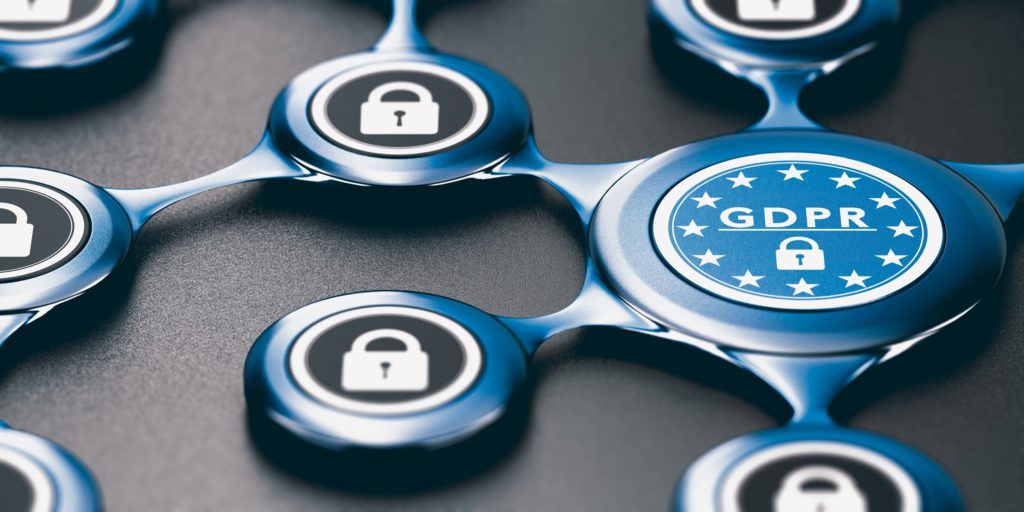Just like everything else, the way of collecting and storing data is changing. 2018 has seen the biggest change to the protection rules of data in decades. Implemented in May, the General Data Protection Regulation (GDPR) aims to harmonize data protection rules. The organization covers all member countries of the European Union (EU).
What this means is, there will now be stricter rules on how data is processed, protected and utilized by organizations. GDPR also seeks to consolidate privacy regulations and give individuals greater control over how their personal information is used. Privacy and safety are both then preserved.
Consent
The GDPR’s main aim is to put people in control of their personal information. Therefore, it will be imperative to get someone’s consent before using their data. If an individual gives consent, it must be unambiguous, verifiable, affirmative, retractable and freely given.
This means that there must be a specific action made making the individual aware of what they are consenting to. They are still given the chance to easily withdraw the consent. There should also be a full audit on when and how the consent was gained. Lastly, the consent cannot be given based on an imbalance of power.
Additionally, your organization is required to report notifiable data breaches within 72 hours of becoming aware of the violation. Reports must be made to the office of the Information Commissioner. The GDPR gives individuals a chance to make claims against companies that misuse their personal data. Therefore, your company is required to provide people with a record of all the data they hold on them. If your business processes large-scale personal data, you are required to appoint a Data Protection Officer.
How Will the GDPR Affect Your Organization?
Since the GDPR affects every single individual your company interacts with, it will affect every function of your business. Before implementation, many business functions did not have to consider data protection in their daily activities.
For this reason, your employees are required to familiarize themselves with the implications of data protection. Moving forward, they need to know how personal data should and shouldn’t be acquired, stored, accessed, managed and shared. This is to ensure that they comply with their day-to-day roles.
The GDPR Will Change Your Culture on Data Privacy
If you want to create a ‘data privacy culture’ you need to do more than just abide by the new rules surrounding data protection. Whether you’re a business owner or an employee, you need to know how the different roles within your company are affected by the GDPR.
You also need to be fully aware of what this new regulation entails. You will be able to fully integrate a new data privacy culture by bringing in new processes as a new way of thinking about data privacy.
Both communication and awareness are vital across the entire workforce. Employees and employers alike need to be aware of the GDPR and its impacts.

